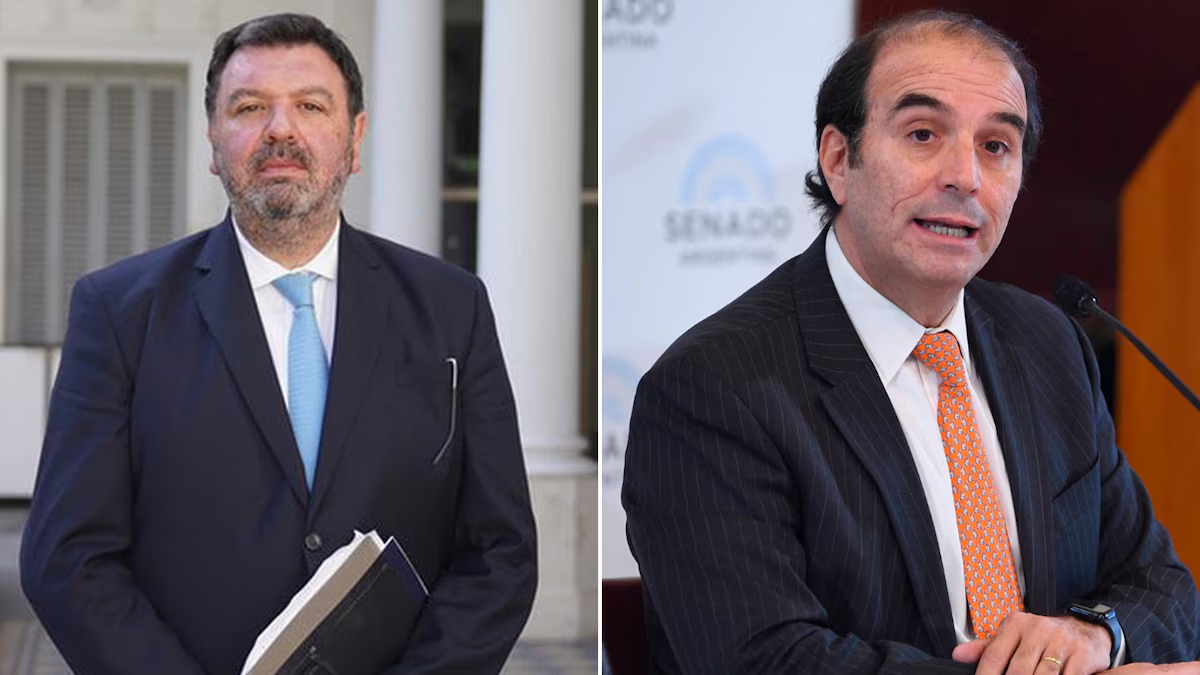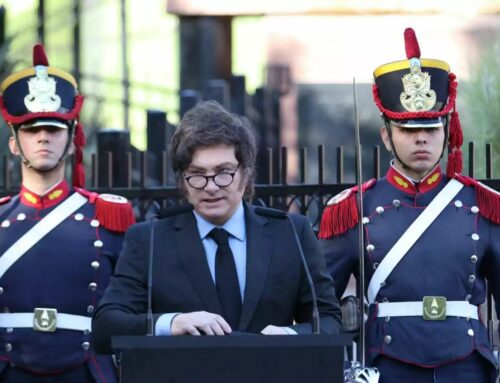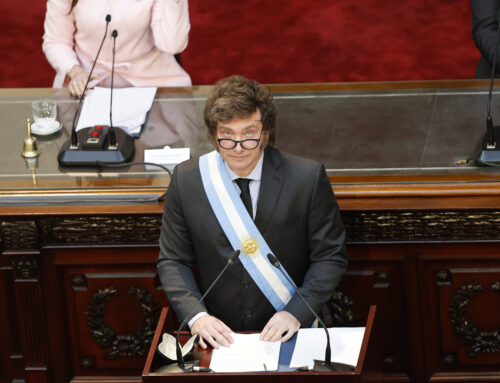President Javier Milei has officially appointed Ariel Lijo and Manuel García Mansilla as justices of the Supreme Court of Argentina through a commission decree, aiming to normalize the functioning of the country’s highest judicial body, which has been operating with only three members.
Objective and Justification
According to a statement from the Presidency, the appointments are intended to:
- Restore the Court’s capacity to perform its constitutional duties effectively.
- Maintain the balance of powers while the legislative process for Senate approval continues.
- Prevent political interests from influencing the judicial system, reinforcing the rule of law and separation of powers.
Temporary Appointments and Legislative Process
- The appointments are temporary, lasting until the end of the current legislative session.
- The Senate is expected to review and approve the nominations, focusing solely on the candidates’ technical qualifications.
Presidency’s Position on Senate’s Role
The government emphasized that:
- The Senate cannot reject the nominations based on personal or political preferences.
- Constitutionally, the President has the sole authority to nominate Supreme Court justices, while the Senate’s role is limited to approving or rejecting them based on objective criteria.
Historical Precedents Cited
The statement referenced previous cases where:
- Néstor Kirchner and Mauricio Macri appointed Supreme Court justices early in their terms with broad political support.
- Macri appointed Carlos Rosenkrantz and Horacio Rosatti by decree on December 14, 2015, shortly after taking office, under similar circumstances.
Political Context and Reactions
This decision is likely to:
- Intensify political debate regarding judicial independence and the balance of power.
- Spark discussions on the constitutionality and precedent of appointing justices by decree without prior Senate approval.
Next Steps
- Senate’s evaluation of the nominees’ qualifications.
- Continued legislative discussions to complete the formal approval process.
This strategic move by Milei underscores his assertive approach to governance and his commitment to reforming Argentina’s judicial system







Leave A Comment